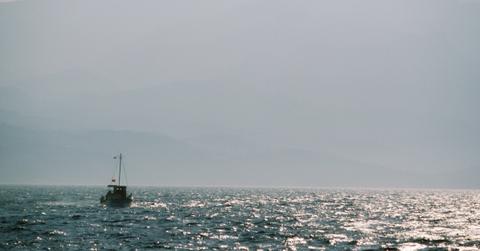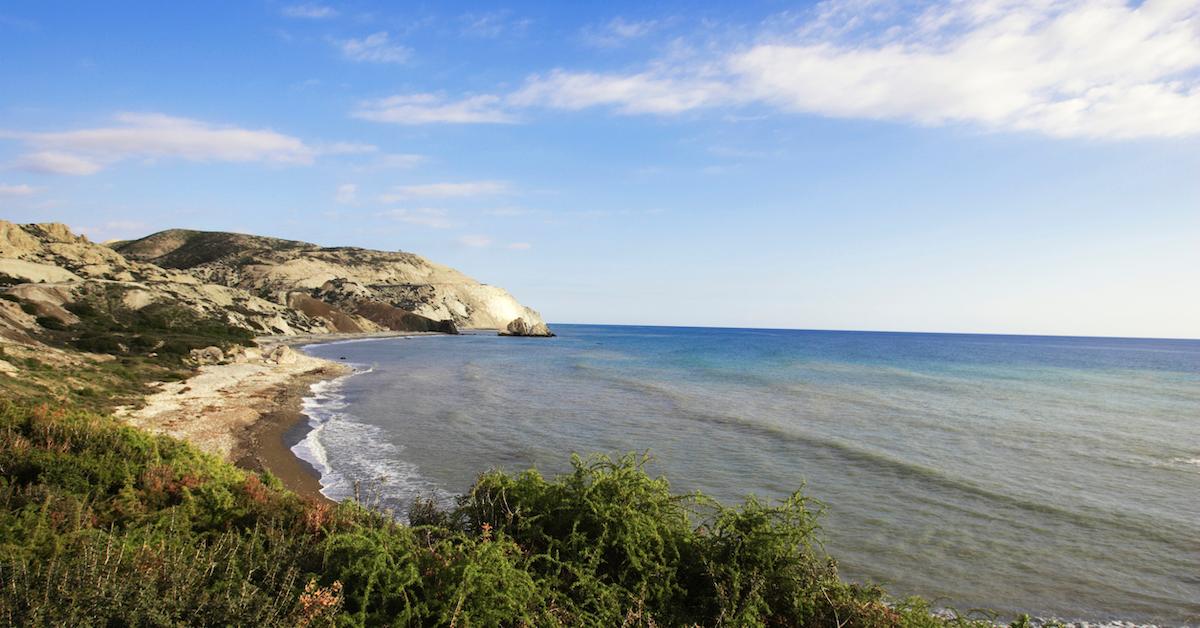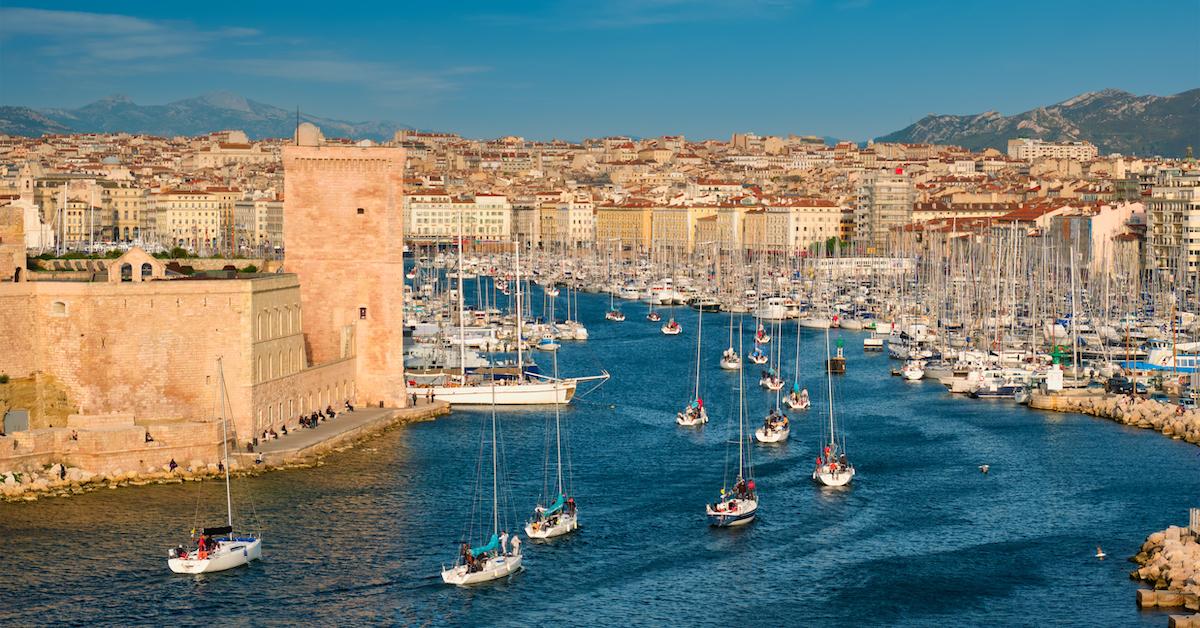The Mediterranean Sea Is Spewing Carbon Dioxide, Because It’s So Damn Hot
Published Oct. 17 2022, 4:09 p.m. ET

The temperatures are too damn high!
Because of climate change, temperatures in the Mediterranean Sea have risen exponentially over the last several years. But now, it's gotten so hot, that the beloved body of water is undergoing a scientific process causing the formation of carbon crystals. And as a result, the crystals are producing massive amounts of carbon dioxide in the Mediterranean Sea... which is basically just as bad as it sounds.
"If you stand on the coast of Israel and gaze out across the Mediterranean Sea, you’ll spy deep-blue, calm waters that have sustained humans for millennia," Matt Simon of Wired wrote about the strange phenomenon.
"Beneath the surface, though, something odd is unfolding: A process called stratification is messing with the way the sea processes carbon dioxide."
"Out in the open ocean, where water temperatures are lower, CO2 dissolves in saltwater — which is what allows Earth’s seas to collectively absorb a quarter of the carbon emissions that humans pump into the atmosphere," he continued.
"But as the eastern Mediterranean Sea heats up in the summer, it can no longer absorb that gas and instead starts releasing it."

Why is the Mediterranean Sea producing carbon dioxide?
Generally, the ocean acts as a carbon sink, sequestering large amounts of the planet's carbon dioxide. But in the Mediterranean Sea, that is evidently no longer the case. According to Tech Times, the Mediterranean is separated into three layers of water masses, which are differentiated by water temperature — there's the surface, an intermediate layer, and a deep layer that spans to the ocean floor.
Usually, the bottom layer sequesters and breaks down carbon dioxide.
However, because the temperatures on the surface have gotten so hot, the density differences increase — that's when CO2-emitting carbon crystals form. And as a result, the ocean can no longer sequester carbon dioxide as it once did. University of Münster geoscientist, Or Bialik, compared the process to soda.
"You usually keep it cold, so the dissolved gasses will stay dissolved,” Bialik explained, via Daily Kos.
“If you leave it in your car for a while and try to open it, all the gasses are going to pop out at once, because when it warms, the capacity of the fluid to hold CO2 goes down," he continued.
It's unclear if this is happening anywhere else, but the waters surrounding the Bahamas and the Persian Gulf are reportedly changing in color, due to calcium carbonate. And as humans continue emitting greenhouse gases into the atmosphere, it's likely going to get worse.

Microplastics may play a role in the formation of carbonate crystals,
While pollution and greenhouse gas emissions are largely the root of this problem, garbage patches — more specifically, microplastics — are to blame, too. According to Grist, zooplankton generally ingest carbon dioxide from the air, poop it out, and it sinks to the ocean floor, to be sequestered. But when zooplankton ingest microplastics, it causes their poop to sink to the ocean floor more slowly. Sometimes, it breaks apart, and doesn't sink, to be eventually sequestered, at all.
“We have so much microplastic and nanoplastic in so many places on the planet — in the air and the land and the sea — that there’s just no way to pull it all out,” Simon stated via Grist. “We have to stop producing so much goddamn plastic,” he said. “It is out of control at this point.”
Unfortunately, plastic production is only expected to increase over the next 20 years, though, so that may not be in the cards.